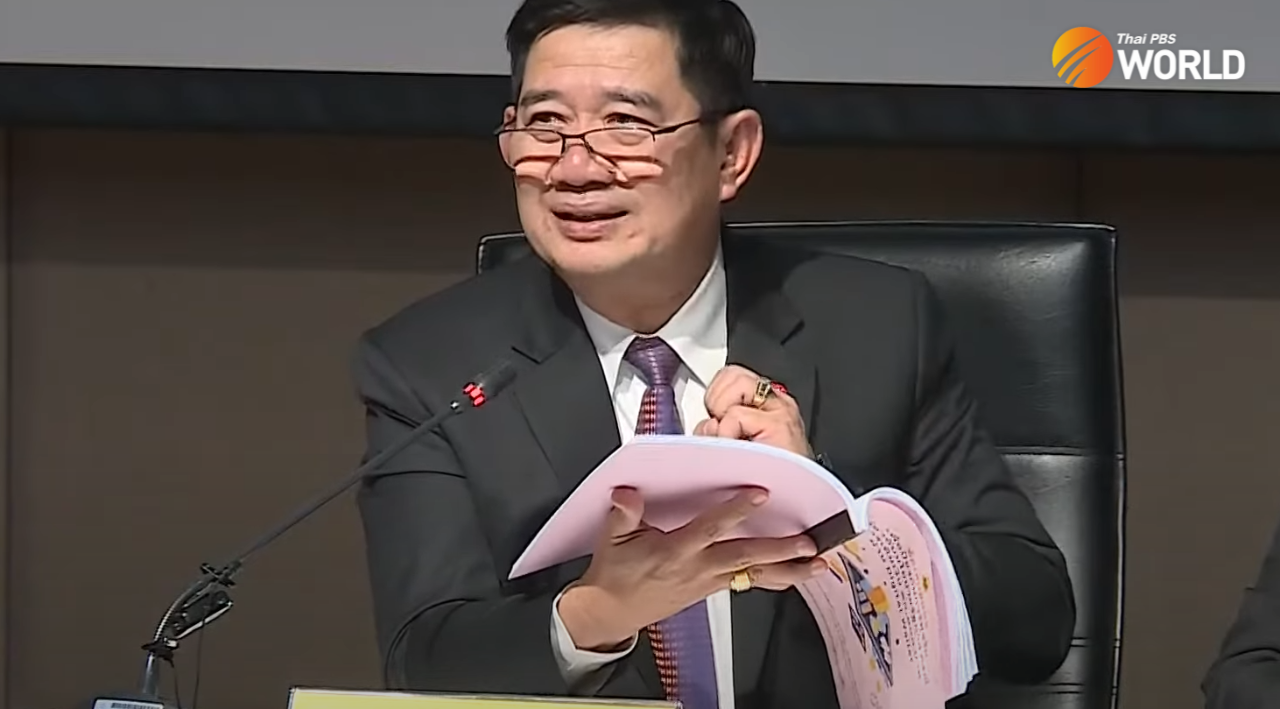National anti-graft watchdog raises reservations over government’s digital wallet scheme

The National Anti-Corruption Commission (NACC), has not approved or rejected the government’s beleaguered “digital wallet” scheme, but has expressed concerns that it may fall foul of the Constitution and fiscal discipline and may be open to corruption.
NACC Secretary-General Niwatchai Kasemmongkol told a news conference today that the NACC had set up a panel to study the scheme and gauge opinions from all stakeholders.
Under the scheme, every Thai national who is over 16 will receive 10,000 baht in digital credit, to be spent within six months in shops within a 4km radius from their residences. The money cannot be used to settle debts.
The study identifies four main issues:
- Risk of policy corruption and corruption among recipients of the benefit.
- Thailand’s economic situation is not critical enough to justify the wholesale distribution of the money to all Thais, regardless of their financial status, instead of to people who need it the most, such as those who live below the poverty line.
- The scheme may face legal risks, vis-à-vis the Constitution, and breach fiscal discipline standards.
- Other issues, such as the use of blockchain technology.
The NACC has advised the government to proceed with great caution, if it does, to ensure that it is worth the expenditure, estimated at about 500 billion baht. It should also meet the four aspects of good governance, namely transparency, checks and balances, fiscal integrity and flexibility.
The NACC reminded the government that the scheme’s hefty price tag will place a huge burden on the exchequer and the people for a long time and it may have to set aside a budget for the loan repayments for up to five years.
The NACC has suggested that the Election Commission study whether a political party is legally bound to implement its election manifesto policies once it is in government, citing the Pheu Thai party’s “digital wallet” scheme.
Regarding blockchain technology, which is expected to be used for the distribution of the money, the NACC said the government must consider whether the technology is necessary or appropriate, given the cost of its development just for the scheme.
If the government really wants to help the people, the NACC proposed that it should target only poor people through normal budgetary means and not through a loan.






